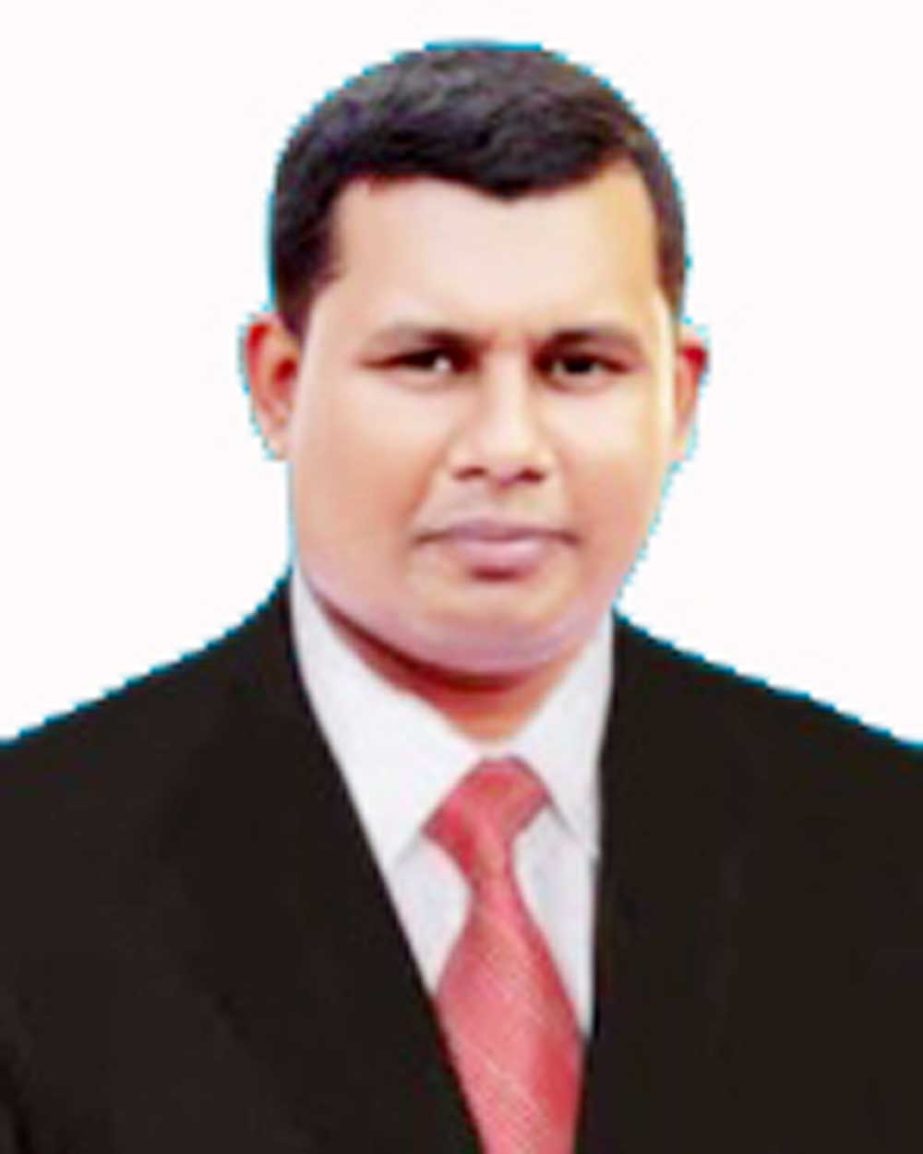
Badrul Huda Sohel :
The three words mother, mother tongue and motherland are embedded. It is like the three inevitable angles of a triangle. We, as a nation, are unfortunate because we had to undergo a bloody situation and give our lives for the second and third of the three words mentioned above. The attempt to make Urdu as our state language, instead of Bangla, the mother tongue, is part of the repression of the West Pakistani ruling class. The attempt to keep East Pakistan in the shackles of slavery begins with the imposition of Urdu on us.
This day of 21st February every year commemorates the sacrifices of Salam, Barkat, Rafiq, Jabbar and many more which took place 69 years ago. This Bangla language is the result of blood in the history of Bangali nation. Today is a very important day in our national life. The significance of the day is not limited to our native land today. Considering the contribution of martyrs in the Language Movement, UNESCO itself declared 21st February in 1999 as the International Mother Language Day. Since then, the day has been in the form of elegiac mode with deep reverence all over the world like our own.
It is a pity that our new generations do not try to properly perceive the significance of this language acquired in exchange for the fresh blood of our sons. The use of Bangla language in every aspect of life is largely neglected today. Under the influence of British colonialism, English language has become so influential in our office and courts that we have not yet been able to come out of those boundaries. The English medium schools of the country are in the most vulnerable position in terms of the use of Bangla language. Our parents, that is why, consider enrolling boys and girls in English medium schools as a part of their social status. In many cases they give less importance to Bangla. Due to the lack of practice of mother tongue in these schools run by the syllabus of British curriculum, the children are more likely to be isolated from the culture and norms and values of our country.
It goes without saying that there is little use of Bangla language in our higher education. English is still used in the written documents of business firms and banks. Uneducated and marginal farmers are facing problems in banking transactions through cheques as the instruction is written there in English. It is true that the use of English language is necessary to keep the banking work dynamic and up to date with the international arena but the banking authorities can use Bangla in many of their records, letters and other documents if they wish to transact locally.
Today most of the people in the country know how to read Bangla but still most of the signboards and billboards in shopping malls and markets are in English. Not only this, the visiting card identifying a person or an official is being made in English without any hesitation. In many cases, the language of letters of invitations of any local organization or NGO is also in English today. If Bangla were used in each of the above cases, then surely we would not face any problem.
Lately, a hybridized language mixed with Bangla and English has been created in the conversations of a class of youth. I believe that the arbitrary use of Bangla and English mixture is destroying the image and identity of both languages. Moreover, the expression in Bangla through the use of English letters on social media is further narrowing the way for us to use our own language.
Bangla is definitely a rich language. Many other countries of the world like Bangladesh had fought to win their own tongues. But the tragic history of establishing ours by crimsoning highways in the blood of students’ chests is rare in the history of the world. And this rare story will be a sort of humiliation to the language martyrs that our youngsters do not know or do not hold its value in their hearts.
We have to keep in mind that the language movement of 1952 was the background of the mass movement of 1969 and the liberation war of 1971. In this respect, the language martyrs of 1952 have definitely made an explicit contribution to the victory of 1971. Many of the descendants of the language martyrs’ families are heard to be living lamentable lives today.
We hope that the government will take necessary steps to rehabilitate the descendants of language fighter families without delay. Bringing them under the incentive package by giving them temporary gifts as soon as Language Day comes is not a permanent solution. Let this day of Language Movement be a solid bond to nourish Bengla and its culture at all levels by pushing away those of the West.
(Badrul Huda Sohel is Assistant Professor and Chairman, Department of English, Ishakha International University).

